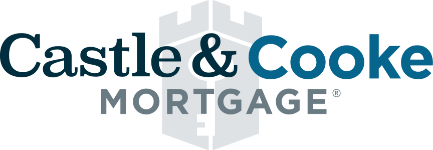Determining whether to buy or rent your home involves a complex decision-making process. You’ll need to have an idea of how long you plan to stay in the home, for starters. Next, you’ll want to figure out your housing budget while keeping in mind your other financial goals such as retirement and charitable giving.
As you consider putting down roots in a home of your own, it's important to understand that homeownership comes with costs that you may not have had as a renter. In addition to your monthly payment and interest, you will be responsible for local property taxes and insurance. You should also plan to put away funds for household repairs, which can cost about 1% of the home’s total value each year.
While some costs may increase, the benefits of homeownership are many. In addition to owning a place of your own, you may be able to build wealth as your home increases in value over time. You will also have much more control over repairs and improvements, and there’s a good chance you’ll save on taxes!
If you’re ready to explore your options in more detail, get in touch with one of our local Loan Officers today.


